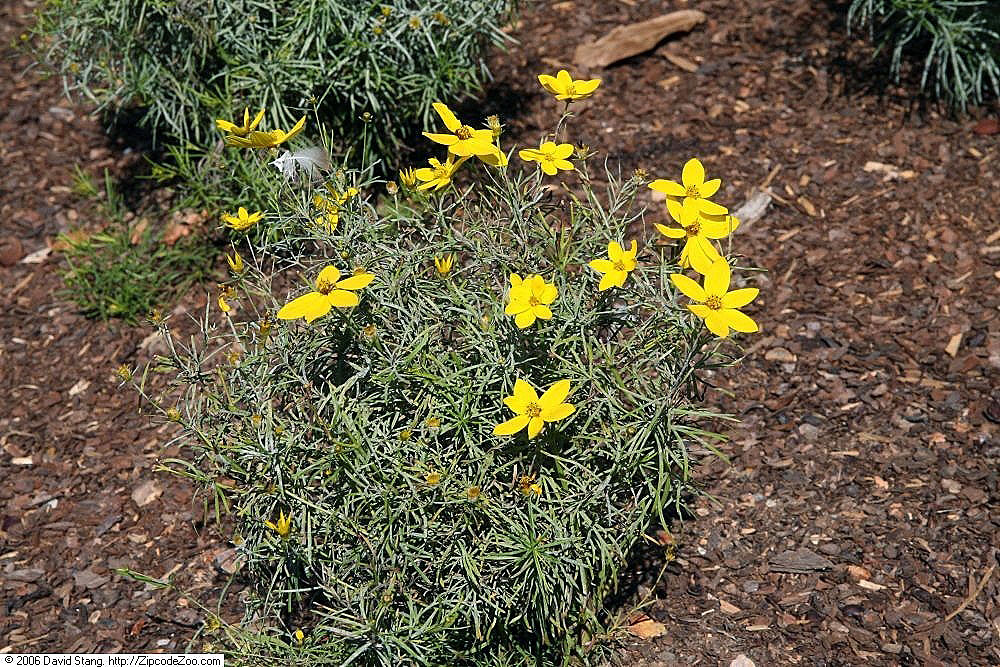Elza Polak on:
[Wikipedia]
[Google]
[Amazon]
Elza Polak (25 May 1910 – 1 January 1995) was a Yugoslav horticulturist and gardener. She is considered one of the pioneers of modern horticulture in Croatia.
 In the immediate aftermath of the Liberation of Yugoslavia, Polak worked for the Yugoslav Ministry of Agriculture and as a high school principal in Brezovica. In 1947, she was employed by the
In the immediate aftermath of the Liberation of Yugoslavia, Polak worked for the Yugoslav Ministry of Agriculture and as a high school principal in Brezovica. In 1947, she was employed by the
Education and early career
Polak was born in Ogulin on 25 May 1910. "A love for flowers and nature", as she put it, led her to studyagronomy
Agronomy is the science and technology of producing and using plants by agriculture for food, fuel, fiber, chemicals, recreation, or land conservation. Agronomy has come to include research of plant genetics, plant physiology, meteorology, and ...
at the University of Zagreb. As a student, she became a member of Zagreb's horticultural society, where she took gardening classes.
Upon graduating in 1933, Polak started working as a teacher and engineer at the School of Gardening in Božjakovina, a village near Brckovljani
Brckovljani is a village and a municipality in Zagreb County, Croatia.
According to the 2001 Croatian census, there are 6,837 inhabitants, in the following settlements:
* Božjakovina – 178
* Brckovljani – 1,542
* Gornja Greda – 625
* ...
, the only such institution in Yugoslavia. Her colleague at the school was Ciril Jeglič
Ciril is a masculine given name common to Slovenia
People
* Ciril Bergles, Slovene poet
*Ciril Cvetko, Slovene composer
* Ciril Grossklaus, Swiss judoka
* Ciril Horjak, Slovene illustrator
*Ciril Klinar, Slovenian ice hockey player
* Ciril Kotnik ...
, whom she much appreciated. She instructed several generations of gardeners in plant production and garden design before being appointed gardening referee by the government of the Banovina of Croatia
The Banovina of Croatia or Banate of Croatia ( sh-Latn-Cyrl, separator=" / ", Banovina Hrvatska, Бановина Хрватска) was an autonomous province ( banovina) of the Kingdom of Yugoslavia between 1939 and 1941. It was formed by a merg ...
in Zagreb in 1940.
Wartime activities
Being a Jew, Polak was fired and shunned following the Naziinvasion of Yugoslavia
The invasion of Yugoslavia, also known as the April War or Operation 25, or ''Projekt 25'' was a German-led attack on the Kingdom of Yugoslavia by the Axis powers which began on 6 April 1941 during World War II. The order for the invasion was p ...
in 1941. While her brother Leo was shot the same year, Polak survived and procured a part-time job at the School of Gardening in Božjakovina in 1943. She seized that opportunity to leave the occupied territory together with all her students and flee to the land controlled by the Partisans, the resistance movement of Yugoslavia. Recognizing her value, the State Anti-fascist Council for the National Liberation of Croatia employed her in Slunj as an agronomist. Her task was producing food for military hospitals and orphanages. Polak was in charge of the network of the resistance movement gardens stretching from Banija to Istria
Istria ( ; Croatian language, Croatian and Slovene language, Slovene: ; ist, Eîstria; Istro-Romanian language, Istro-Romanian, Italian language, Italian and Venetian language, Venetian: ; formerly in Latin and in Ancient Greek) is the larges ...
, Croatian Littoral, and northern Dalmatia
Dalmatia (; hr, Dalmacija ; it, Dalmazia; see #Name, names in other languages) is one of the four historical region, historical regions of Croatia, alongside Croatia proper, Slavonia, and Istria. Dalmatia is a narrow belt of the east shore of ...
; she founded about 100 such gardens.
Academic career
 In the immediate aftermath of the Liberation of Yugoslavia, Polak worked for the Yugoslav Ministry of Agriculture and as a high school principal in Brezovica. In 1947, she was employed by the
In the immediate aftermath of the Liberation of Yugoslavia, Polak worked for the Yugoslav Ministry of Agriculture and as a high school principal in Brezovica. In 1947, she was employed by the Faculty of Agriculture
Faculty may refer to:
* Faculty (academic staff), the academic staff of a university (North American usage)
* Faculty (division), a division within a university (usage outside of the United States)
* Faculty (instrument), an instrument or warra ...
in Zagreb. Starting in 1955, Polak worked on the development of new sorts of ornamental plants, including four new sorts of gladioli. She worked on other perennial plants as well, creating . She became a full professor in 1962, teaching vegetable farming, floriculture, and production of ornamental plants. Polak was one of the founders of the Horticultural Association of Croatia and of the interdisciplinary postgraduate program of landscape architecture
Landscape architecture is the design of outdoor areas, landmarks, and structures to achieve environmental, social-behavioural, or aesthetic outcomes. It involves the systematic design and general engineering of various structures for constructio ...
. From 1966, she was a member of the International Hardy Plants Union. She retired in 1970.
Polak died in Zagreb on 1 January 1995. She is regarded as one of the pioneers of modern horticulture in Croatia.
References
{{DEFAULTSORT:Polak, Elza 1910 births 1995 deaths Yugoslav agronomists Croatian agronomists Women horticulturists and gardeners Floriculturists Yugoslav Partisans members Women in the Yugoslav Partisans Jews in the Yugoslav Partisans Yugoslav Jews Croatian Jews University of Zagreb alumni Academic staff of the University of Zagreb People from Ogulin Women agronomists 20th-century agronomists